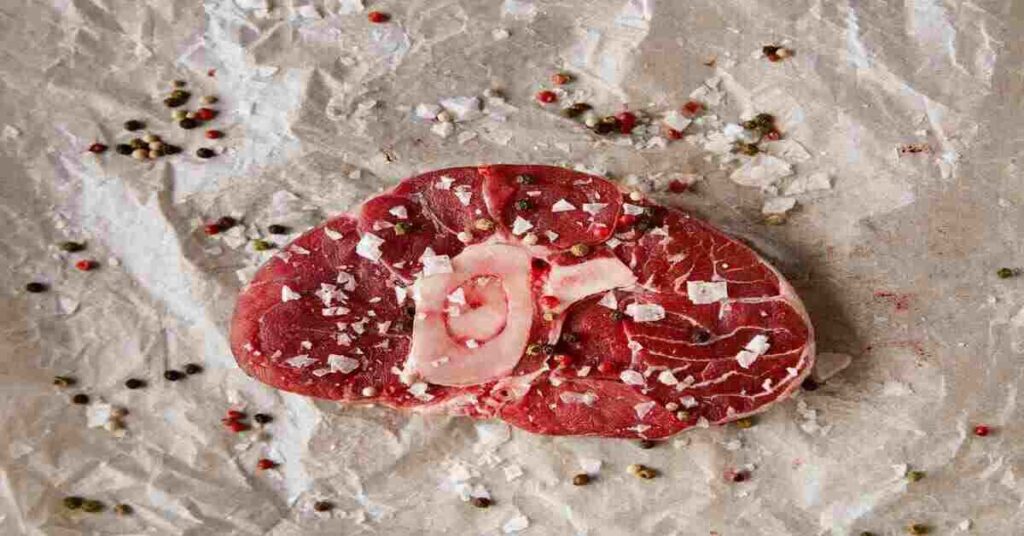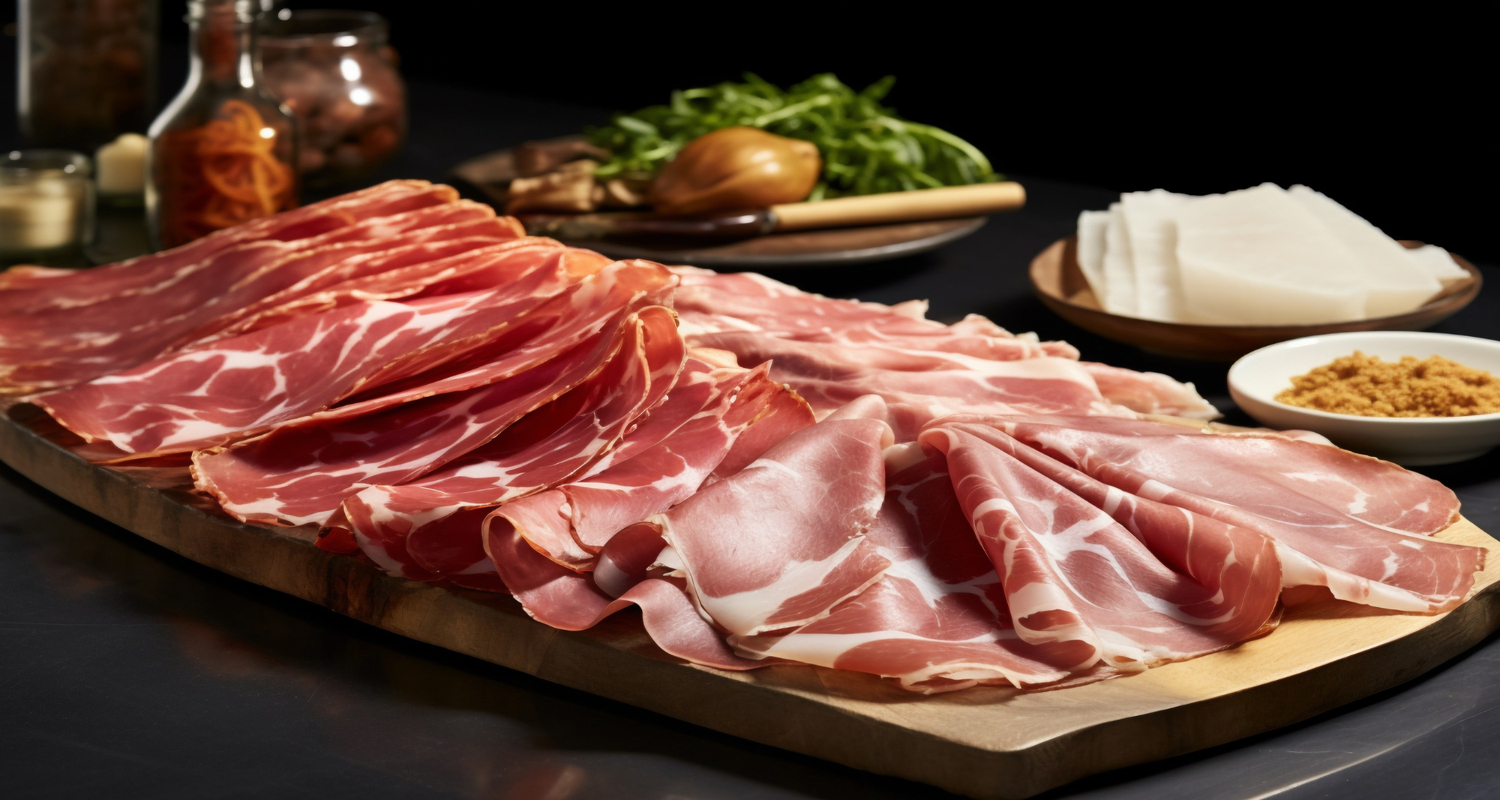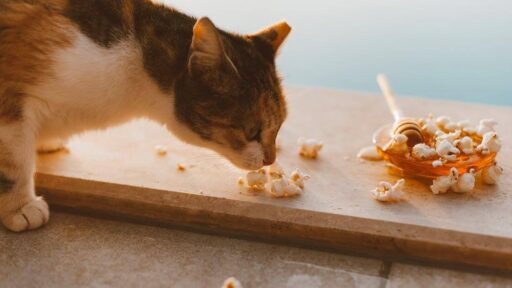Can cats eat bacon? Curious about whether your feline friend can indulge in some bacon? While a small amount of cooked bacon may not be immediately harmful, it’s generally not recommended. Cats have specific dietary needs, and bacon, high in salt and fat, may lead to digestive issues and obesity. Moreover, certain ingredients like garlic and onion in bacon can be toxic to cats. It’s always wise to prioritize a balanced cat food diet and consult your veterinarian for tailored advice on your cat’s nutrition.
Can cats eat bacon? Benefits and Risks
Feeding cats bacon is generally not recommended. While small amounts of cooked bacon may not be immediately harmful, it’s not an ideal part of a cat’s diet. Cats have different nutritional requirements than humans, and bacon is high in salt and fat, which can lead to digestive issues and obesity in cats.
Additionally, some ingredients commonly found in bacon, such as garlic and onion, can be toxic to cats. It’s safer to stick to a balanced and nutritionally complete cat food diet to ensure your cat’s health and well-being. If you have specific dietary concerns for your cat
Can cats eat bacon? – Potential benefits
Bacon is not considered a suitable or recommended food for cats. While cats may be attracted to the smell of bacon, it’s high in salt and fat, which can lead to digestive issues and obesity in cats. Cats have specific nutritional requirements, and their diet should primarily consist of balanced and nutritionally complete cat food.
Furthermore, certain ingredients commonly found in bacon, such as garlic and onion, can be toxic to cats. Feeding cats human food, including bacon, may not provide the essential nutrients they need for optimal health. It’s always best to prioritize a proper cat food diet and consult your veterinarian for guidance on meeting your cat’s specific nutritional needs.
Can cats eat bacon? – Potential Risks?
Feeding bacon to cats poses several potential risks:
- High Salt Content: Bacon is high in salt, and excessive salt intake can lead to sodium ion poisoning in cats. Symptoms may include increased thirst, urination, vomiting, diarrhea, and in severe cases, tremors or seizures.
- High-Fat Content: The high-fat content in bacon can lead to digestive upset and contribute to obesity in cats. Cats are obligate carnivores, and their diet should consist mainly of animal proteins rather than high-fat foods.
- Toxic Ingredients: Some ingredients commonly found in bacon, such as garlic and onion, can be toxic to cats. These ingredients can cause damage to a cat’s red blood cells and lead to more severe health issues.
- Digestive Issues: The rich and greasy nature of bacon may cause gastrointestinal upset, including vomiting and diarrhea in cats. Their digestive systems are not adapted to handle such fatty foods.
- Imbalanced Diet: Feeding bacon as a regular part of a cat’s diet can lead to an imbalanced nutritional profile. Cats require specific nutrients in their diet, and relying on bacon may not meet these requirements.
It’s crucial to prioritize a balanced and species-appropriate cat food diet to ensure your cat’s health and well-being.
Do Cats Like the Taste of Bacon?
Cats are known for being curious creatures, and some may show interest in the smell or taste of bacon due to its strong aroma and savory flavor. However, it’s important to note that a cat’s preference for a particular food doesn’t necessarily indicate whether it’s safe or healthy for them.
While some cats might enjoy the taste of bacon, it’s not a suitable regular treat or part of their diet. The high salt and fat content, along with potentially toxic ingredients like garlic and onion, make bacon less than ideal for cats. It’s crucial to prioritize a nutritionally complete cat food diet to ensure their well-being.
Can cats eat bacon?

How Much Bacon Can a Cat Eat?
While small amounts of cooked, plain bacon may not be immediately harmful to a cat, it’s essential to understand that bacon is not a suitable or balanced part of a cat’s diet. The high salt and fat content, along with potentially toxic ingredients like garlic and onion, make bacon less than ideal for feline consumption.
If you ever consider offering a tiny piece of bacon to your cat as an occasional treat, it’s crucial to keep it minimal. A small, infrequent taste is the key, and moderation is essential to avoid potential health issues. Always ensure that the bacon is thoroughly cooked, free from added seasonings, and given in very small pieces.
However, it’s generally recommended to prioritize a nutritionally complete and balanced cat food diet to meet all of your cat’s dietary requirements
How Often Can a Cat Eat Bacon?
Feeding bacon to a cat should be an infrequent and occasional occurrence, if at all. While a small, occasional taste of plain, cooked bacon may not immediately harm a cat, it’s important to remember that bacon is not a nutritionally balanced or suitable part of a cat’s regular diet.
Given the high salt, and fat content, and potentially toxic ingredients like garlic and onion, it’s advisable to avoid making bacon a routine treat for your cat. If you do decide to offer a small piece of bacon as an occasional treat, ensure it’s well-cooked, free from added seasonings, and provided in very small amounts.
The primary focus for a cat’s diet should be a nutritionally complete and balanced cat food
Conditions caused by feeding cats bacon too often
Feeding cats bacon too often can lead to various health issues, including:
- Obesity: Bacon is high in fat, contributing to weight gain and obesity in cats.
- Digestive Problems: The richness of bacon can cause gastrointestinal upset, leading to vomiting and diarrhea.
- Sodium Ion Poisoning: Excessive salt in bacon can result in sodium ion poisoning, causing increased thirst, urination, and potentially severe symptoms.
- Nutritional Imbalance: Relying on bacon may lead to an imbalanced diet, lacking essential nutrients vital for feline health.
- Toxicity: Bacon often contains ingredients like garlic or onion, which are toxic to cats and can harm their red blood cells.
Why is salty food bad for cats?

Salty food is harmful to cats because it can lead to sodium ion poisoning. Excessive salt intake may cause increased thirst, urination, vomiting, diarrhea, and, in severe cases, tremors or seizures. Cats have specific dietary requirements, and their salt tolerance is much lower than in humans. Feeding salty foods, such as bacon, can disrupt their electrolyte balance and lead to serious health issues. It’s crucial to provide a balanced and nutritionally complete cat food diet to ensure their well-being.
Can cats eat bacon? Summary
In summary, while cats can have small, occasional tastes of plain, cooked bacon, it’s not recommended to make it a regular part of their diet. Bacon is high in salt, and fat, and may contain toxic ingredients, making it less than ideal for feline consumption. Moderation is key, and it’s crucial to prioritize a nutritionally complete cat food diet to meet all of a cat’s dietary requirements. Consult with a veterinarian for personalized advice on your cat’s health and dietary needs
Can cats eat bacon? FaQs
How much bacon can I give my cat?
Feeding bacon to your cat is not recommended. It’s high in salt, and fat, and may contain toxic ingredients. If you decide to offer a treat, keep it tiny, about the size of a fingernail. Ensure the bacon is plain and well-cooked, without added seasonings. Prioritize a balanced cat food diet for their main nutrition
Can kittens eat cooked bacon?
Feeding cooked bacon to kittens is not recommended. Bacon is high in salt, and fat, and may contain potentially harmful ingredients. Kittens have specific dietary needs for growth. It’s best to stick to a balanced kitten food diet to ensure proper nutrition.
Is bacon too salty for cats?
Yes, bacon is generally too salty for cats. The high salt content in bacon can lead to sodium ion poisoning in cats, causing symptoms such as increased thirst, urination, vomiting, diarrhea, and, in severe cases, tremors or seizures. Therefore, it’s advisable to avoid feeding bacon or any other high-salt human foods to cats to prevent potential health issues. Stick to a balanced and nutritionally complete cat food diet recommended by your veterinarian.
Do cats like the smell of bacon?
Yes, many cats are attracted to the strong and savory smell of bacon. The intense aroma of cooked bacon can be enticing to cats due to their keen sense of smell. However, while cats may show interest in the smell, it’s important to note that their attraction to a particular food scent doesn’t necessarily mean it’s suitable or safe for them to eat. Always prioritize a nutritionally balanced cat food diet and avoid offering bacon or other high-fat, high-salt human foods regularly.
Can cats get worms from raw bacon?
Feeding raw bacon to cats can pose a risk of transmitting parasites or bacteria, including worms. Raw or undercooked meat may contain pathogens that can be harmful to cats, leading to various health issues, including worm infestations.
It’s crucial to avoid feeding raw meat, including raw bacon, to cats to prevent the risk of bacterial and parasitic infections. Cooking meat thoroughly can help eliminate potential pathogens and make it safer for your cat. However, it’s always best to prioritize a nutritionally complete and balanced cat food diet and consult your veterinarian for advice on your cat’s specific dietary needs and potential health risks.




